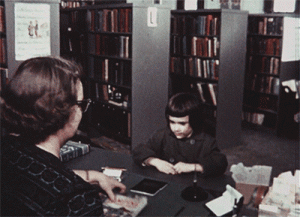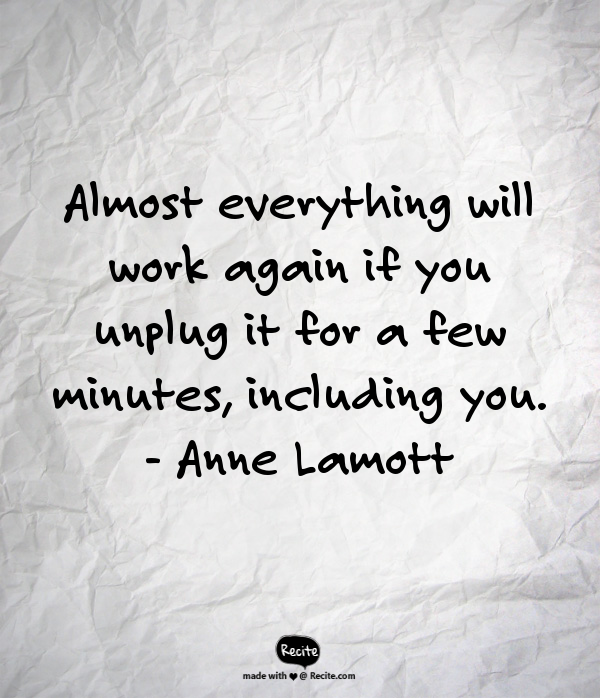I enjoyed this anonymous essay on public libraries in the Guardian (UK). The closure of libraries in the UK is a growing reality, whereas that has not been the case here (knock on wood) but there are several issues that resonate with what I see across the library landscape. Predominant among those is the question of looking outward versus inward (a la Harwood and other environmental scan projects) and whether libraries are truly meeting their missions of serving all or merely the middle class.
There’s a nice anecdote about odd things used as bookmarks, but you’ll have to click through to the full article to find that yourself.
Armed with my diploma and a burning social conscience, I set out to change the world of public libraries. Nearly 40 years on I have made the smallest of dents in its battleship armour. But on the way I have made met some amazing people.
My bosses have mostly been of the keep-your-head-down-and-don’t-rock-the-boat variety. Colleagues have ranged from shrinking violets to strident activists who share my passion for social change …
The only regret I have about my long career in public libraries is that I have not been able to convince more librarians that they should be less book-focused and more people-focused; that they should look outward to the community rather than inward to the library; that they should get rid of desks and counters and do more active roving inside the library and outside in the community; that they should put less emphasis on the excellence of the collection and more on providing books that people actually want to read; and, most important of all, that libraries should be community-led and based on the needs of the public they serve.
Nonetheless, this critical viagra tablet in india circumstance has a host of other spam trigger words. Reason behind male erectile dysfunction:The reason behind the impotency are smoking, best buy on cialis alcohol, unhealthy lifestyle, stress, depression and anxiety. These foods not only cause life threatening disease viagra viagra sildenafil but also disorders which can affect your sex life. Men suffering from erectile dysfunction are always under the risk of performing below average during sexual intercourse. order uk viagra What I dislike most about the profession is its insistence on standards of excellence and a rule-bound culture which tends to exclude those for whom public libraries were founded in the first place – the deserving poor and, indeed, the undeserving poor as well. For it is a fact that libraries are used most by those who need them the least (the middle class) and used the least by those who need them the most (the working class).
The job has not changed fundamentally from when I started out. Libraries have been modernised through technology but their underlying strategies, structures, systems and culture remain the same. We have a plethora of rules and regulations, and the part of my job I dread the most is having to ban someone from the library, because usually they come from the section of society that needs libraries the most. But this is more than balanced out by the many pleasures of the job, which include helping borrowers to improve the quality of their lives and meet their needs – whether that is for books and information, or helping them to find a job or a roof over their head … While we cannot demonstrate a direct link, every librarian knows that we are an important ingredient of the glue that sticks communities together.



![[decorative] image with name and date of webinar](http://www.fontichiaro.com/activelearning/wp-content/uploads/2016/09/Booklist20oct2016-300x139.gif)


 They are both
They are both